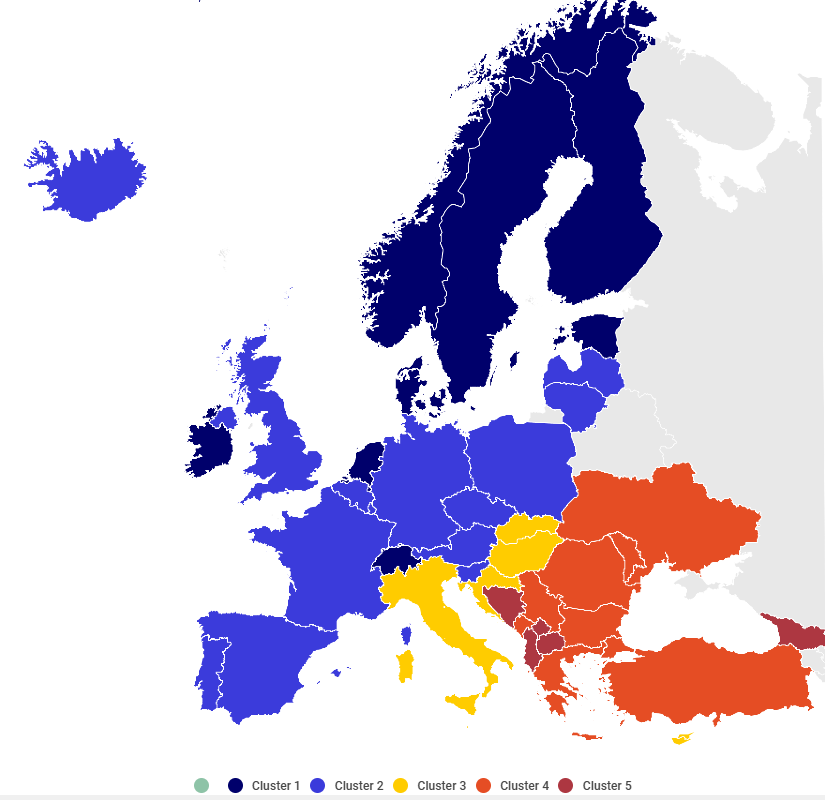People don't want to BE informed.
They want to FEEL informed. -- Roger Ailes
There is great truth in that simple but astute observation. When reality is inconvenient, as it often is, the human mind seeks ways to reduce or eliminate the discomfort somehow. For better or worse, the human mind is very adept and fast at rationalizing uncomfortable or self-disaffirming information. The mind unconsciously converts bad reality into something less bad, non-existent (denial) or even good (illusion creation). Ailes really understands people, i.e., he understands this aspect of human cognitive biology.
He also came up with the Orchestra Pit Theory, among some other observations. According to Ailes, if there are two politicians on stage, one announcing a significant policy like a solution to the Middle East problem, and the other falling into the orchestra pit, the media would focus on the latter event due to its sensational nature. This underscores Ailes' belief that the media's preference for covering gaffes, scandals, and dramatic events over policy substance shapes public discourse and political campaigns.
Ailes transformed cable news by giving it a hard, radicalizing partisan edge. He used television news as an ideological weapon to appeal to conservative audiences and build rock solid belief in false realities, lies and slanders. He provided confirmation (self-affirmation) to his audience rather than information, understanding that much of the American public wanted to feel informed rather than be informed. Hence Faux News is a great source of pleasant faux news.
In the social sciences, a lot of research is going on about what to do with this aspect of human nature. Nobody has a perfect answer to the disinformation/dark free speech problem so far. The problem has been known and discussed for millennia. In the US, it will probably stay mostly unsolved for a very long time because there is no simple answer. And there is lots of resentment of efforts to combat demagoguery and partisan deceit by America's radical right authoritarians, i.e., MAGA.
Only hard, slow social engineering solutions that take generations to build and implement seem to have a detectable positive effect. Finland, Estonia and some other countries near Russia have put the social engineering in place to train their populations to resist disinformation. Those are the best examples of the possibility of training societies to at least partly resist the alluring comforts of dark free speech.
Q: How resistant is the US public to demagoguery and disinformation compared to countries like Finland, Denmark and Estonia?A: The United States exhibits a lower level of resilience to demagoguery and disinformation compared to countries like Finland, Denmark, and Estonia.The U.S. faces significant political polarization, which has been exacerbated by the use of social media by demagogues. This polarization contributes to the spread of disinformation, as individuals are more likely to share information that aligns with their beliefs, regardless of its accuracy.
Trust in traditional media sources in the U.S. is notably low, with only 7% of respondents fully trusting these sources to report information accurately and fairly in 2022. This lack of trust makes the public more susceptible to disinformation.Media literacy in the U.S. is not as systematically integrated into the national curriculum as it is in Finland or Estonia. It is often taught as a special seminar or class for older students, rather than being part of the core curriculum from an early age.
Finland and Estonia have integrated media literacy into their education systems from an early age, fostering critical thinking and fact-checking skills. The U.S. lags in this aspect, with media literacy often being an elective or special course.
One can see the problem for the US. Authoritarian MAGA demagogue's efforts to combat disinformation are demagogued and vilified as things like liberal authoritarian censorship or a major burden on free speech. MAGA wants unfettered freedom to demagogue, lie, slander and disinform to its black little heart's content.
Personal opinion: Two kinds of minds
Speaking of freedom, there are two basic kinds of minds in terms of demagoguery and dark free speech, in my opinion. Type 1 minds are relatively demagoguery and irrationality resistant, while type 2 are more demagoguery and irrationality trapped. The odd, frustrating thing about those two mindsets is that the type 1 minds are a lot more limited or unfree because they tend to be a lot more tethered to facts, true truths and sound reasoning. By contrast, the type 2 folks are generally not so limited. The type 2s have more or less full access to the power of their unconscious mind's capacity to soften or deny reality and reasoning that is inconvenient or self-disaffirming.
Sadly, those poor type 1s have to more acutely feel the unpleasant feelings that inconvenient or self-disaffirming reality and reasoning can generate. It's no wonder that demagoguery and dark free speech generally tend to be more attractive and persuasive than the stinky reality and reason-tethered world.
The simple joy of being low-information



No comments:
Post a Comment